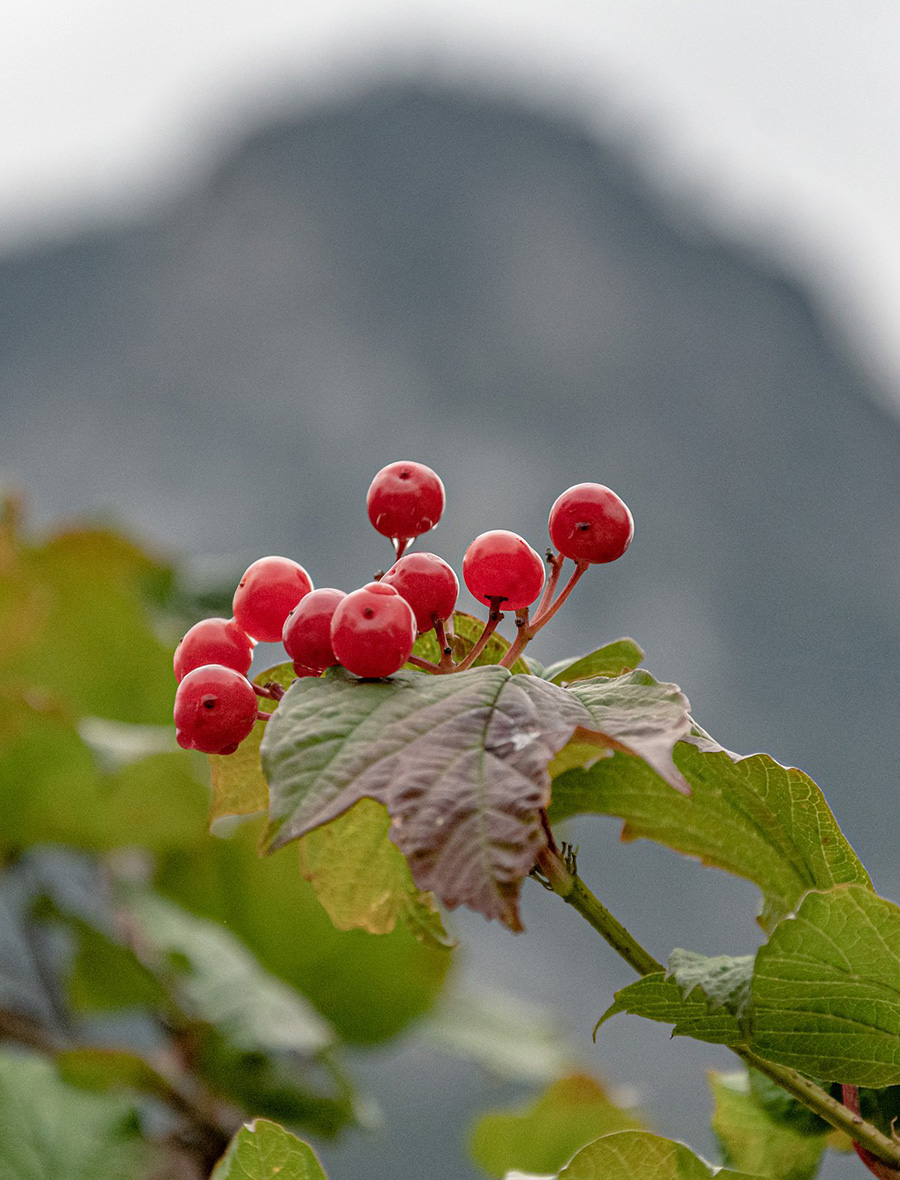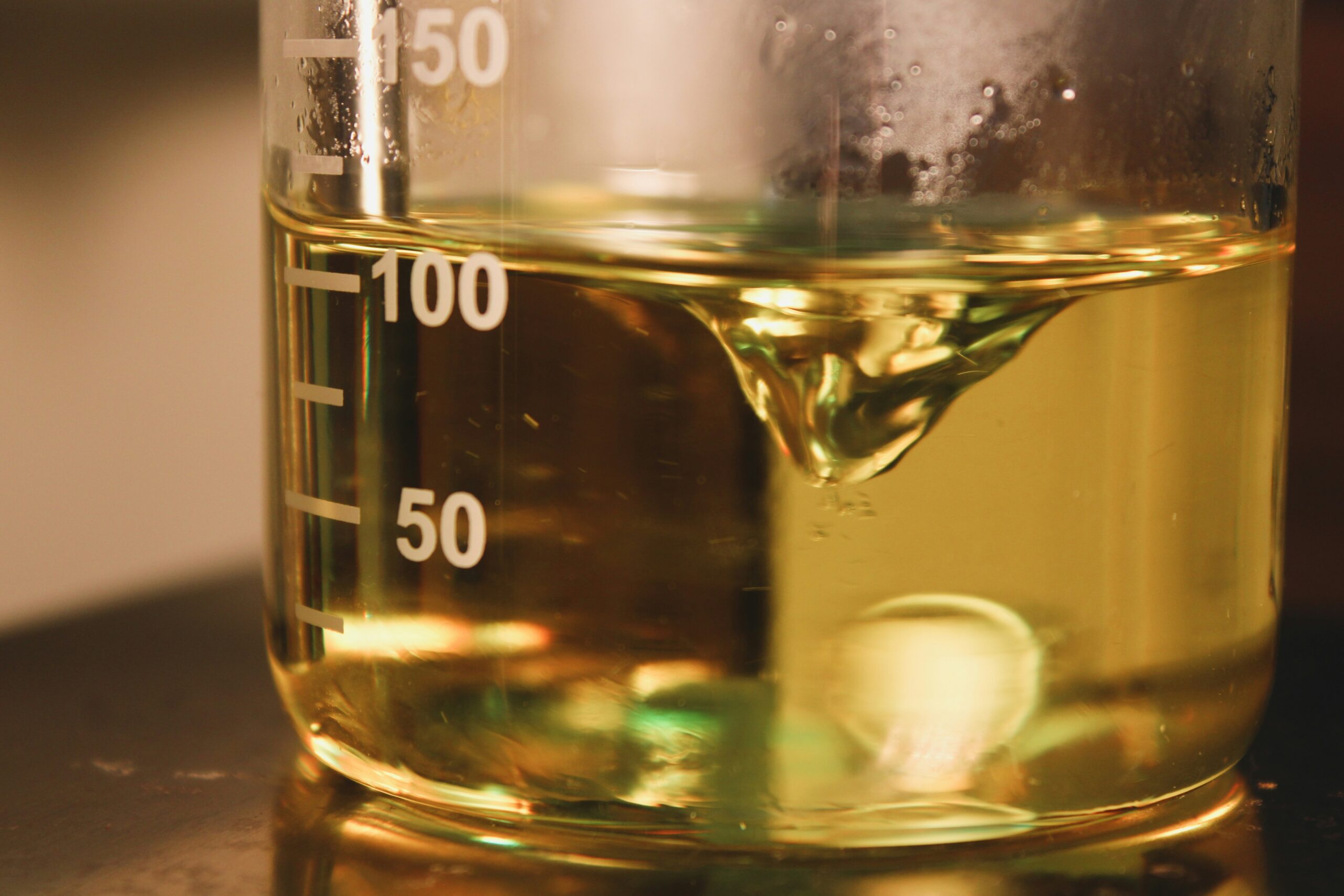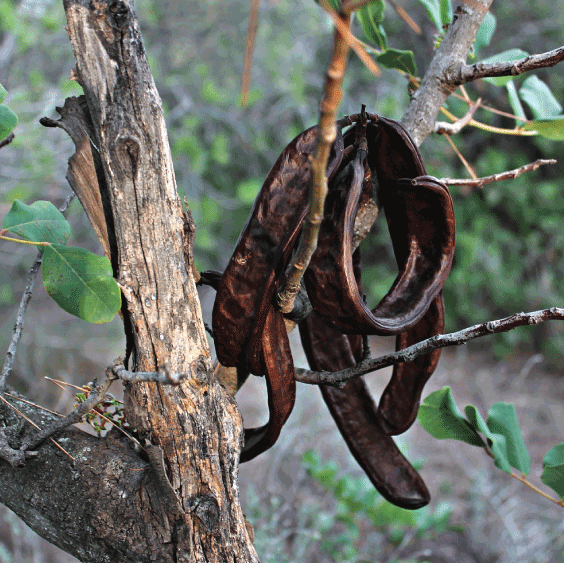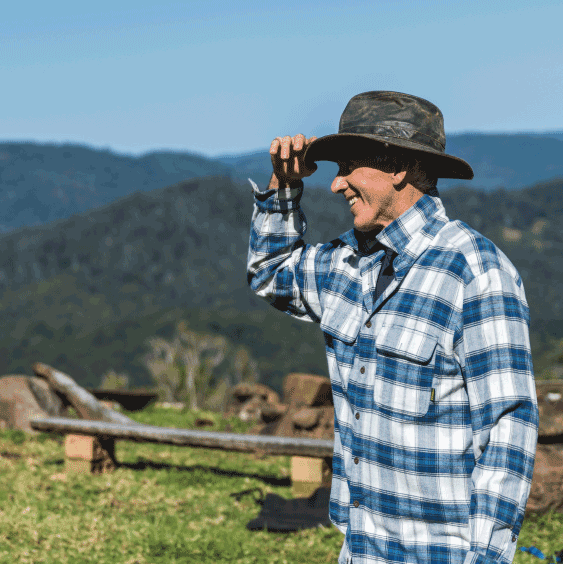What We Provide
Wholesale Organic Spices & Herbs, Botanicals, Mushrooms, and Carob
Supply Chain
Assuring the identity of incoming raw material is becoming increasingly critical across wholesale herb suppliers. It is important that our customers know where our wholesale organic spices, herbs and botanicals come from. Major ingredients have multiple suppliers and countries of origin, so we ensure multiple sourcing locations around the world so that our customers have a year-round supply of the bulk organic spices, herbs and botanicals that we have to offer. We want to make sure that our suppliers provide the highest quality raw materials, so we have implemented a comprehensive supplier verification program that complies with the latest requirements of the Food Safety Modernization Act. Before our suppliers are approved, they must hold certification requirements (GFSI, NOP, HACCP) as well as withstand third-party audits and direct audits. It is our goal to provide our customers with wholesale botanicals, herbs, and spices that are consistently of high quality.
Our supplier performance is tracked using the following metrics:
Quality and Consistency
Innovation/Ongoing Improvements
Food Safety
Cost-Saving Initiatives
Delivery
Sustainability and Community Programs

Quality Assurance
The first step of the quality control process for wholesale herb suppliers and spice distributors is for all organic spices, herbs and botanicals to pass FDA/USDA inspection upon entering the country in bulk. This is to ensure that all wholesale organic spices, herbs and botanical products are safe, sanitary, and labeled according to United States requirements. Once American Botanicals receives the product, we conduct sensory and macroscopic evaluations to verify compliance with our specifications on aroma, flavor, size, and color.
We also offer specialized laboratory testing that can be added as per the customer’s request. Facilities are all operated under HACCP and HARPC guidelines and are audited by third parties. Good Manufacturing Practice (GMP) audits are also conducted by many customers to confirm that guidelines are being followed. In addition, we have implemented an allergen control program and a robust traceability program so that our customers receive safe bulk organic spices, herbs and botanicals.


We have a micro and chemical laboratory onsite that allows us to conduct high quality tests on all materials.
We utilize third party laboratories for the following treatments:
- Pesticides (multi-column)
- Physical Characteristics: Moisture, Volatile Oil
- Microbiological Data: TPC, Yeast, Mold, Salmonella, Coliform, E.Coli
- Heavy Metals (Prop 65 Standard): Lead, Arsenic, Cadmium, Mercury
- Microbial Reduction (also offered in house)

Conservation
Reduce the impact of our operations on the environment and supply chains globally.
Engage in activities with our customers and suppliers that promote conservation of the wildcrafted botanicals we source.
Community
Build and promote a culture of integrity and trust across our network of suppliers and customers.
Support the viability of the rural communities in which we operate. This commitment is consistent with our investor/owner Advantage Capital Agribusiness Partners and the eight Farm Credit Banks who operate the fund.

Sustainability
It is our mission to provide safe and high quality wholesale botanicals, herbs, and spices to our customers. While accomplishing this mission, we believe our position on sustainability has had a significant influence on the relationship that we have developed with our customers and suppliers.
The history of American Botanicals can be traced back to Wilcox Natural Products, previously one of the main botanical sourcing companies specializing in wildcrafted botanicals since 1900. Over the years, the company grew from a small business into a globally recognized supplier of quality medicinal and botanical products. Wilcox was under the management of Allen Lockard from 1985 until 1994. In 1994, the company began operating as American Botanicals with Lockard as president.
Check out some examples of ways that American Botanicals promotes sustainability:
- We pay a premium for raw materials that are dried by suppliers (typically sun-dried). This helps us save on the use of fossil fuels.
- Our unused plant parts and by-products are sold off to soil amendment companies and/or composted
- We’ve partnered with a customer to promote packaging Sassafras in reusable super sacks as opposed to cardboard boxes.
- We use carob as a great alternative to cacao, and package it in 100% recyclable cardboard shipping containers as opposed to pallets.
- We’ve moved away from drums and rings to cardboard recyclable packaging.
- We’ve installed a water efficient irrigation and landscaping system at our Nevada operation.
Contact us if you have questions or concerns about the quality and consistency of our wholesale herbs, botanicals, and spices.





